Anxiety is more than simply a cerebral challenge; it is a full-body feeling that has a subtle impact on your whole health. Many people are unaware that they are trapped in the Anxiety-Health cycle: anxiety causes bad health decisions, which exacerbates anxiety. This vicious cycle can leave you exhausted, both physically and mentally. What about the good news? You may interrupt this cycle and recover your life’s balance by adopting a few deliberate, science-based changes.
Get Moving: How Exercise Reduces Anxiety
You’ve undoubtedly heard it before, but it bears repeating: exercise is one of the most effective natural treatments for anxiety. Physical activity reduces the body’s stress chemicals, such as adrenaline and cortisol. At the same time, it increases endorphins, which are brain chemicals that work as natural pain relievers and mood enhancers.
Even a moderate 20-minute walk can assist control the Anxiety Health relationship by increasing circulation, lowering muscle tension, and enhancing your mood. Long-term, regular exercise is linked to lower overall anxiety and a better immune system.
Try:
- Walk or jog every day.
- Yoga and Pilates for gentle movement and relaxation.
- Strength training can improve both physical and emotional resiliency.
Eat to Ease: Understanding the Gut-Brain Connection
Food is more than simply food; it is medication, particularly for your mental health. The gut and brain are inextricably linked through the gut-brain axis. According to research, the gut produces over 90% of your body’s serotonin (a neurotransmitter that regulates mood).
A well-balanced, whole-food diet high in fiber, probiotics, and healthy fats promotes this important Anxiety-Health route. Yogurt, bananas, leafy greens, berries, almonds, and fatty fish can lower inflammation, aid digestion, and improve mood.
Avoid:
- Processed sweets and refined carbohydrates
- Excess coffee and alcohol.
- Artificial additives can harm gut health.
- Nourishing your body with the correct meals will help restore balance and relieve anxiety symptoms from the inside out.
Sleep Smart: Why Quality Sleep is Your Natural Anxiety Antidote
Poor sleep not only makes you feel sleepy, but it also increases your anxiety. When anxiety keeps you awake at night, you enter a difficult spiral to break. This is another evident illustration of the Anxiety-Health cycle: a lack of rest exacerbates stress, which affects sleep.
- To enhance sleep and restore tranquility:
- Establish a nightly routine to let your body know when it’s time to shut down.
- Avoid screens at least one hour before bedtime.
- Keep your sleeping area cold, dark, and quiet.
- Getting 7-9 hours of quality sleep per night will significantly improve your mood and physical health, allowing you to recover control of the Anxiety-Health relationship.
Practice deep breathing and mindfulness.
You can use your breath at any moment as a strong tool. Deep breathing reduces the heart rate, lowers blood pressure, and relaxes the neurological system, making it an effective way to break the Anxiety-Health feedback loop.
Incorporate:
- Box breathing (inhale for four, hold for four, exhale for four, and hold for four).
- Body scans and mindful meditation
- Guided relaxation or visualization techniques.
Mindfulness improves your ability to respond rather than react, putting emotional distance between you and your anxious thoughts. This not only relaxes your mind but also benefits your physical health by lowering stress hormones and enhancing immune function.
Connect with Others: Social Support Is Not Optional
Humans are wired to connect. Isolation can be a hidden but major anxiety trigger, and research suggests that social support is one of the most powerful stress-reduction tools. Strong personal relationships help regulate emotions, boost self-esteem, and lower cortisol levels, reinforcing the Anxiety-Health dynamic.
Reach out to:
- Trusted friends or family members.
- Support groups, whether in-person or online
- To build belonging, consider volunteering or joining community groups.
Regular social connection teaches your brain that you are secure and supported, which helps to reset your nervous thoughts.
Seek Professional Help without Shame
If your worry is intense or chronic, there is no shame in seeking assistance. Therapy, counseling, or medication can all help break the Anxiety-Health cycle for good.
Options include:
- Cognitive behavior treatment (CBT)
- Talk therapy and support groups
- Medication to treat more severe anxiety symptoms.
Professional help enables you to reframe negative ideas, create coping techniques, and rewire your brain’s response to stress. Mental health care is healthcare, period.
Final Thoughts: Your health begins with peace of mind
The link between anxiety and health is apparent. Nurturing your body helps to calm your mind. And as you rest your mind, your body thrives. The Anxiety-Health link does not have to be a trap; it can be a path to overall well-being.
Begin with one or two of the tactics listed above and grow from there. Whether it’s going for a walk, swapping junk food for brain-friendly meals, or finally seeing a therapist, every small step counts. Peace of mind is not a luxury; it is the foundation for a happier, more balanced lifestyle.

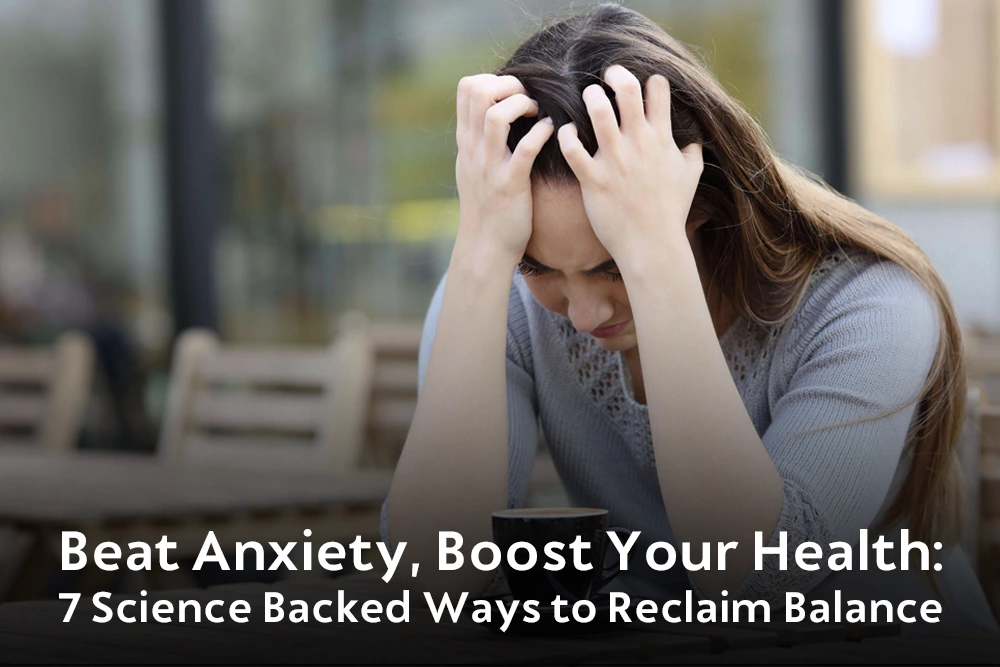

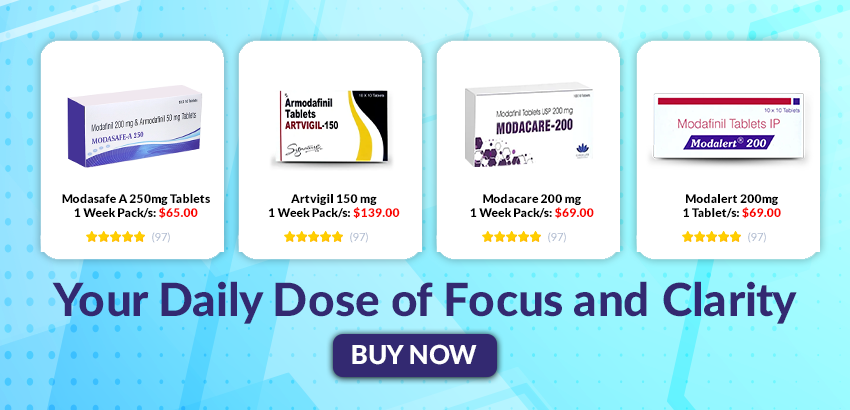

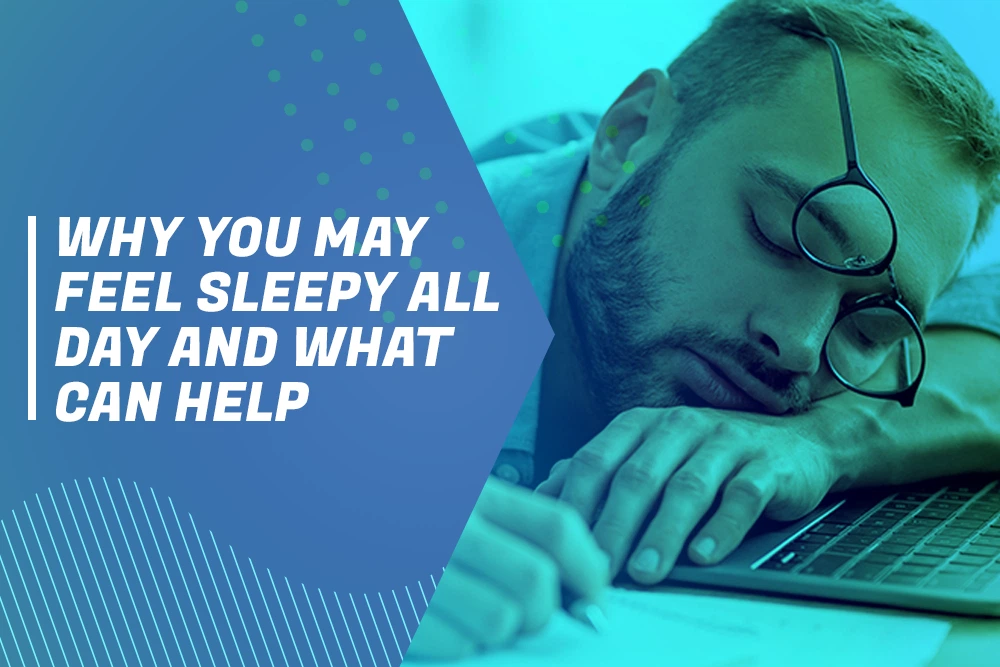

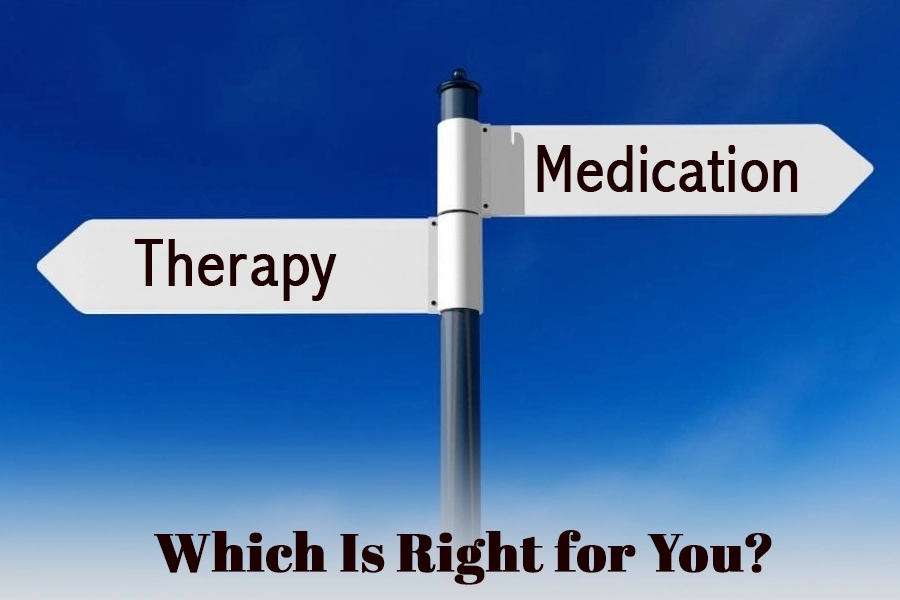
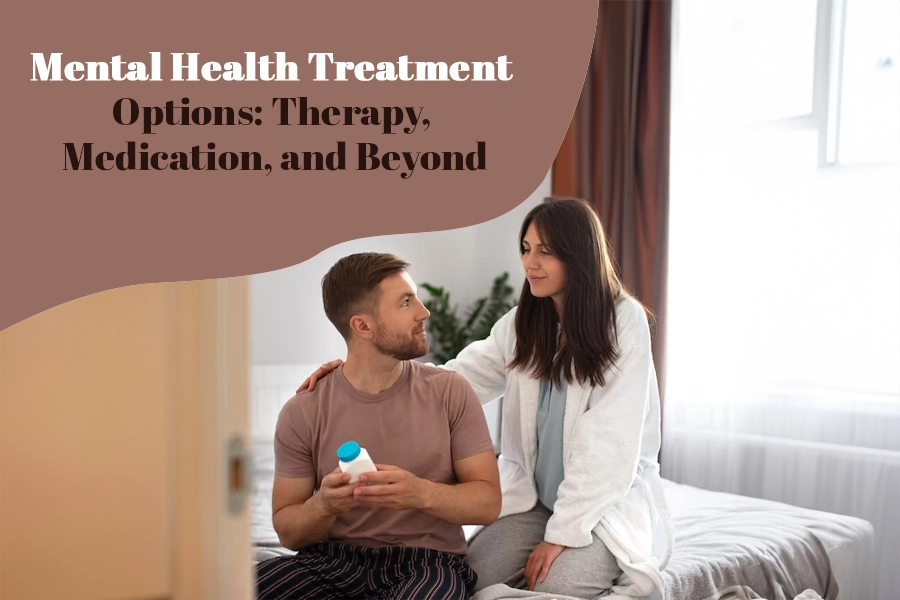
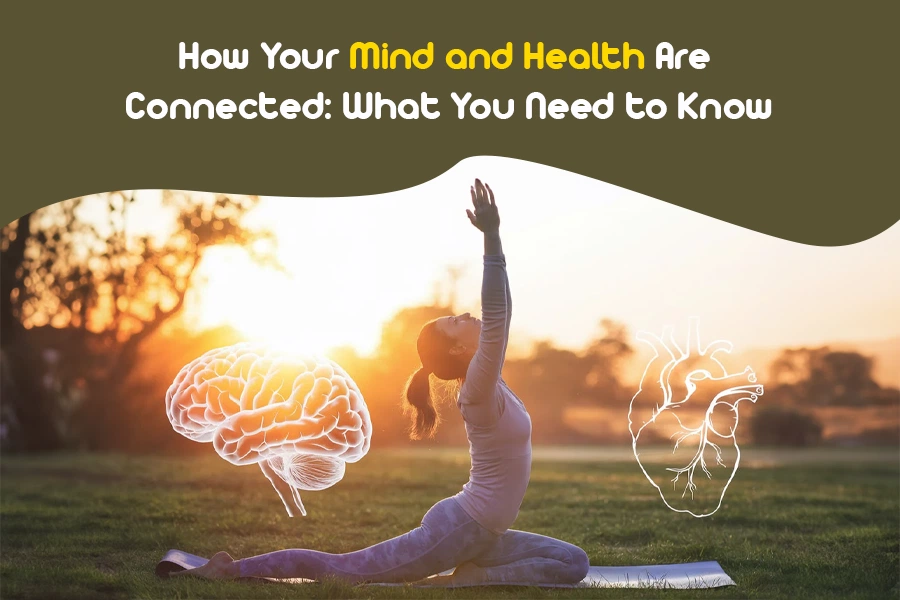
Leave a Reply